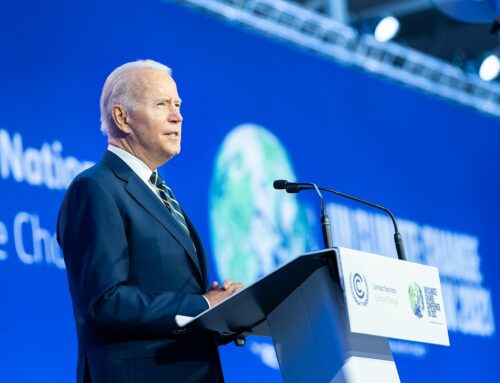by Katy Grimes, E&E Legal Senior Media Fellow and California Globe Editor
As Appearing in the California Globe
The right to exclude is ‘one of the most treasured’ rights of property ownership
The United States Supreme Court just affirmed Wednesday that the government cannot force people to allow third parties to trespass on their property.
In Cedar Point Nursery v. Hassid, the Pacific Legal Foundation represented two California agriculture businesses which challenged a 1975 California law that allowed labor unions to access private property three hours per day, 120 days per year to recruit new members. Pacific Legal Foundation argued that when the government allows a third party onto someone else’s private property without compensating the property owners, it violates their property rights.
The growers’ complaint states a claim for an uncompensated taking in violation of the Fifth and Fourteenth Amendments.
According to PLF, Cedar Point Nursery and Fowler Packing Company are California growers that produce fruit for millions of Americans. Collectively, they employ around 3,000 Californians. In 2015, the United Farm Workers (UFW) viewed the workers as ripe for the picking and sent union organizers to storm the workplaces during harvest time to encourage them to unionize. Even though property owners have a right to exclude trespassers, the state’s Union Access Regulation takes an easement that allows these union organizers to enter a business’s private property three hours a day, 120 days a year. The businesses asked the U.S. Supreme Court to invalidate California’s unlawful regulation and affirm that government can’t allow unions to invade private property and disrupt commercial operations without paying compensation for a property taking.
PLF explains:
In the predawn hours of October 29, 2015, dozens of union activists trespassed on Cedar Point Nursery’s property to recruit union members. They waved flags, shouted over bullhorns, intimidated the nursery’s staff, and disrupted the workday. When the nursery’s owner and president Mike Fahner found out the action was legal in California, he decided to fight what he believed was an unconstitutional law.






